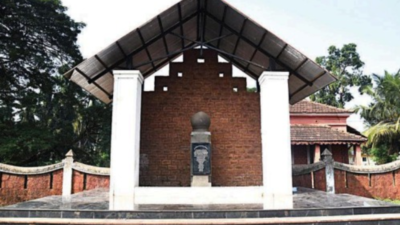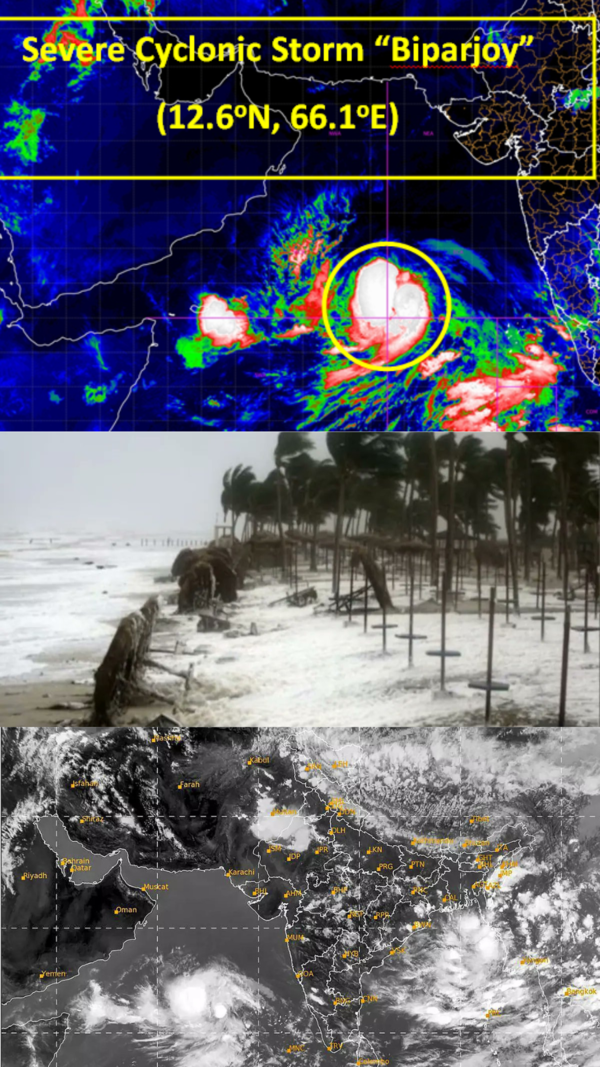Trending
Centuries before Mahatma, Cuncolim observed civil disobedience: Textbook

The Cuncolim cheftains’ memorial stands as tribute to the martyrs of 1573
PANAJI: Centuries before Mahatma Gandhi popularised the term, the people of Cuncolim started civil disobedience movement against the Portuguese colonisers in the 16th century, states the new chapter on the Cuncolim revolt added to the Class XI history textbook from the current academic year 2023-24. The 1583 revolt of Cuncolim was the first revolt in Asia against the Europeans, the chapter states.
It was after a decade-long effort that Goa's history was integrated into the main school history textbook. It was a long-standing demand of the people of Cuncolim to include their revolt history in textbooks.
"Before the Portuguese rule, Cuncolim was governed by an autonomous gram sanstha, comprising the representatives from 12 kshatriya clans or vangodds, collectively known as gaunkars.
The gaunkars of Cuncolim stood up to the Portuguese as they did not accept the proclamation of 1573, which was instrumental in putting new restrictions on the village gram sanstha," said the chapter.
he lesson states a revenue officer sent to collect revenue was killed and locals attacked the Rachol fort and other government outfits. An envoy of the then viceroy travelling from Cochin in Goa through Cuncolim was also beaten up. Finally, in July 1583, the gaunkars killed 14 people, including five missionaries camping near their village, according to the textbook.
It was after a decade-long effort that Goa's history was integrated into the main school history textbook. It was a long-standing demand of the people of Cuncolim to include their revolt history in textbooks.
"Before the Portuguese rule, Cuncolim was governed by an autonomous gram sanstha, comprising the representatives from 12 kshatriya clans or vangodds, collectively known as gaunkars.
The gaunkars of Cuncolim stood up to the Portuguese as they did not accept the proclamation of 1573, which was instrumental in putting new restrictions on the village gram sanstha," said the chapter.
"They registered their protest by not paying revenue to the government. Centuries before Gandhi popularised the term, the people of Cuncolim had started the civil disobedience movement."
he lesson states a revenue officer sent to collect revenue was killed and locals attacked the Rachol fort and other government outfits. An envoy of the then viceroy travelling from Cochin in Goa through Cuncolim was also beaten up. Finally, in July 1583, the gaunkars killed 14 people, including five missionaries camping near their village, according to the textbook.

About the Author
Gauree MalkarnekarGauree Malkarnekar, senior correspondent at The Times of India, Goa, maintains a hawk's eye on Goa's expansive education sector. And when she is not chasing schools, headmasters and teachers, she turns her focus to crime. Her entry into journalism was purely accidental: a trained commercial artist, she landed her first job as a graphic designer with a weekly, but less than a fortnight later set aside the brush and picked up the pen. Ever since she has not complained.
Start a Conversation
FOLLOW US ON SOCIAL MEDIA
FacebookTwitterInstagramKOO APPYOUTUBE










